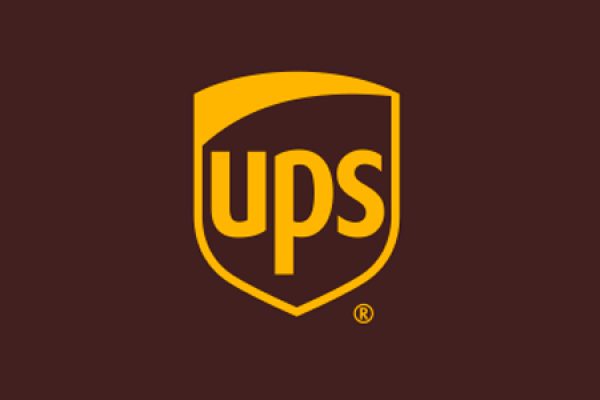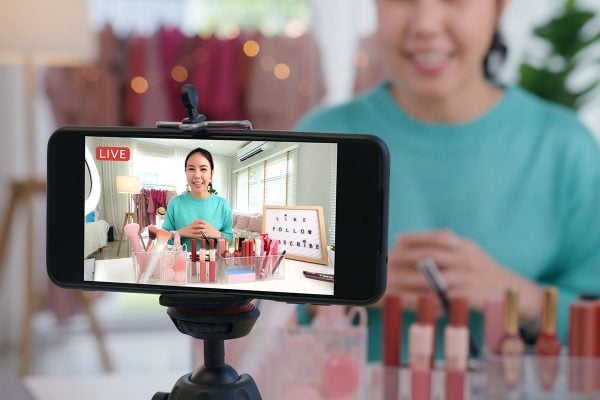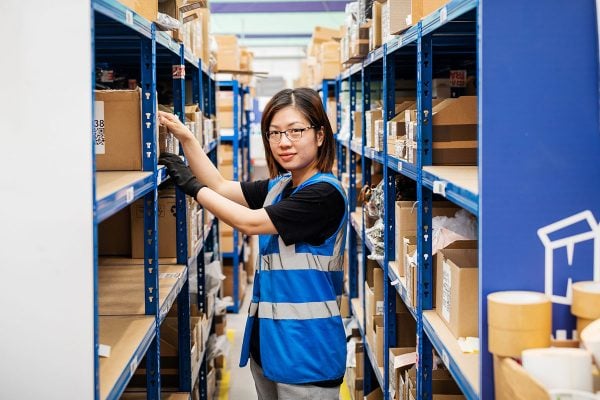![]() Michael Kappler is the CEO of Beaconinside and here he explains the current state and the future for beacons in retail. And, what ARE beacons?
Michael Kappler is the CEO of Beaconinside and here he explains the current state and the future for beacons in retail. And, what ARE beacons?
High street stores are all suffering from the “footfall’ problem at the moment: although more and more customers come into a store and peruse their goods, they make a mental note of them and then proceed to buy them at home from the comfort of their sofas. Beacon wireless providers aim to reshuffle the deck and shift things back to the storefront. But the potential of this technology goes far beyond.
Quite literally, beacons are small Bluetooth transmitters, sometimes embedded directly into smartphones or other devices which have a very accurate location or GPS-tagging ability. Sometimes referred to as iBeacon by Apple, or even in-store beacons, they allow for smarter background positioning and detection, giving new power to a retailers’ than ever before. Usually enabled by a Bluetooth™ Low Energy (BLE) chip, it can transmit data on a user’s location or proximity to an output in a specific location.
Depending on the beacons installation you have as a retailer, the Beacon-operator receives limited data on a customer’s mobile device, but they can leverage the type of a customer’s smartphone make or model, and is usually only a simple data transmission that the Beacon is designed to retrieve.
This allows beacon technologists on the one hand, to produce beacons a) very cost effectively and b) minimises any potential infringements of local data protection or privacy laws.
There is one catch for beacon uptake: in order for the implementation to be a success, retailers need customers who want to use them. The main barriers to the potential success of beacon technology is the fact that customers have to voluntarily download and install a smartphone app for it to work, third party or via a high-street brand’s own app.
Think of the data a smartphone receives over beacon technology as similar to the well-known GPS – using only a simple encoded information or geo-tag about where it is currently located. Based on these specs, the smartphone itself may now retrieve specific service offerings (i.e. promotions or limited offers) from a retailer.
Other potential applications for beacons based technology? For limited event purposes, stand operators or online travel agents (OTAs) can use beacons to gauge the amount of booth visits they receive, airlines can detect automatic check-in directly at the gate – the sky is virtually the limit for beacons technology development.





One Response
Beacon technology is bound to transform the traditional marketing at brick and motor store. Stores should be early adopters to have significant gains and domain knowledge of this technology.
We folks at Mindbowser are pretty excited to try out new things with BLE Beacons. Reach Out to us if you share the same passion or want to build a solution for yourself.